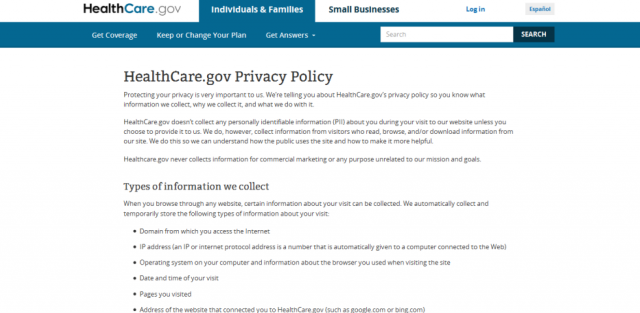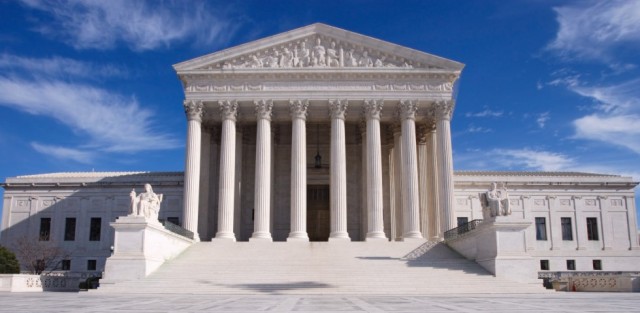Cyber insurance transfers risk but doesn’t replace due care

The ongoing series of high-profile data breaches reported by companies across multiple industry sectors – including major retailers (Target and Home Depot), health insurers (Anthem and Premera), online service vendors (Uber), hotels (Mandarin Oriental and Hilton HHonors),…
 SecurityArchitecture.com
SecurityArchitecture.com

